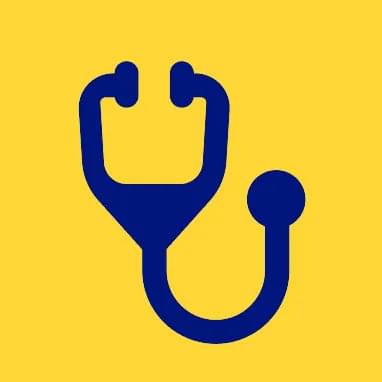Adding a photocopier gene to mRNA vaccines could make them last longer and curb side effects.
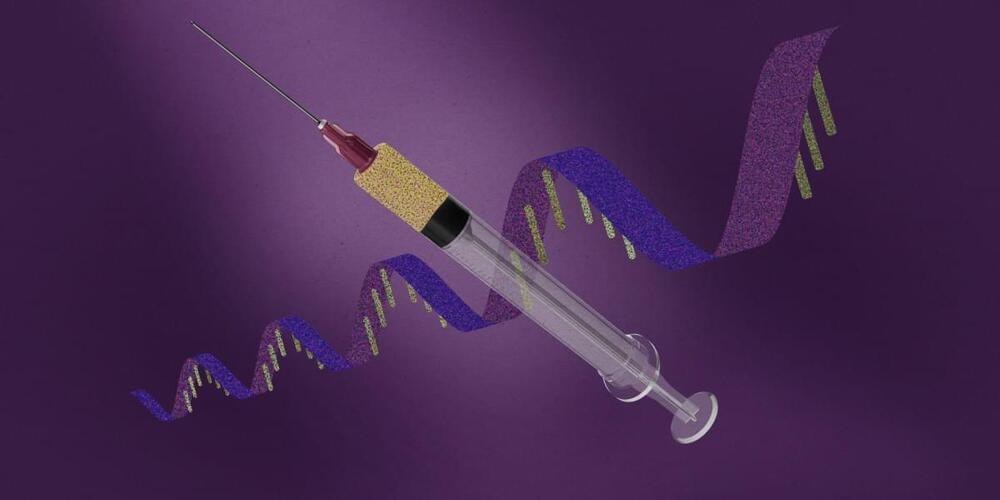

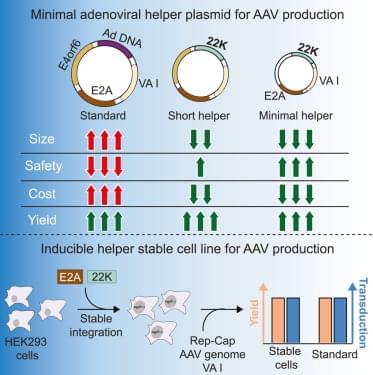
Doshi et al. present a very nice systematic evaluation of minimal requirements for adenoviral helper genes necessary in production of AAVs, as well as some progress towards stable cell lines with integrated helper genes.
The replication-defective adeno-associated virus (AAV) is extensively utilized as a research tool or vector for gene therapy. The production process of AAV remains intricate, expensive, and mechanistically underexplored. With the aim of enhancing AAV manufacturing efficiencies in mammalian cells, we revisited the questions and optimization surrounding the requirement of the various adenoviral helper genes in enabling AAV production. First, we refined the minimal set of adenoviral genes in HEK293 AAV production to E2A, L4-22K/33K, and VA RNA I. These findings challenge the previously accepted necessity of adenoviral E4orf6 in AAV production. In addition, we identified L4-22K genes as crucial helpers for AAV production.
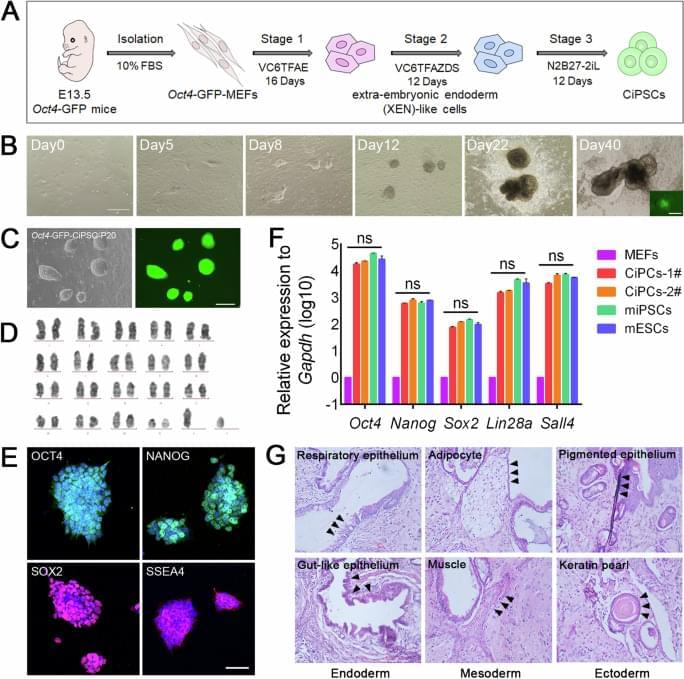
Zhao, N., Zhang, CJ., Zhang, X. et al. npj Regen Med 9, 42 (2024). https://doi.org/10.1038/s41536-024-00387-7
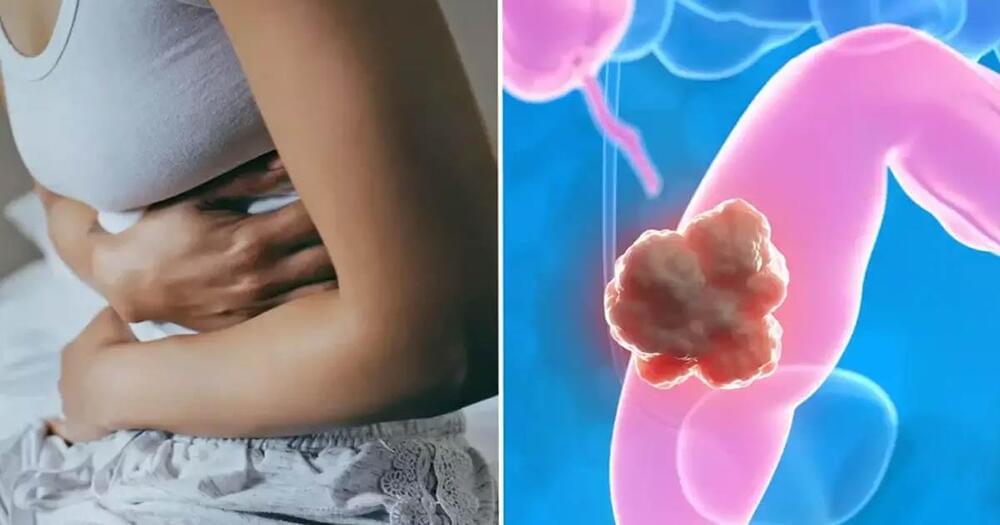
Link :
Young people don’t worry about their health the same way older individuals do. Of course, many Gen Zers and Millenials do prioritize their physical and mental wellbeing. But they are young, while the risk of life-changing conditions like heart disease, diabetes, chronic pain, and cancer increases with age. However, research shows that Gen Z and Millenials are not as safe as once thought. The number of cases of colon cancer has doubled in the United States since the 1990s. Especially in the age 20 to 49 demographic.
Colon cancer is also known as colorectal cancer, bowel cancer, or rectal cancer — depending on where the tumor begins. It’s also called the silent killer because there may be few or zero warning signs. And once the symptoms finally appear, the cancer has already progressed.
According to the Colon Cancer Coalition (CCC), colorectal cancer is the fourth most commonly diagnosed cancer, and the second leading cause of death due to cancer. Moreover, 30% of its diagnoses are for individuals under the age of 55. This has made it the leading cause of cancer death for men and the second leading for women under the age of 50.
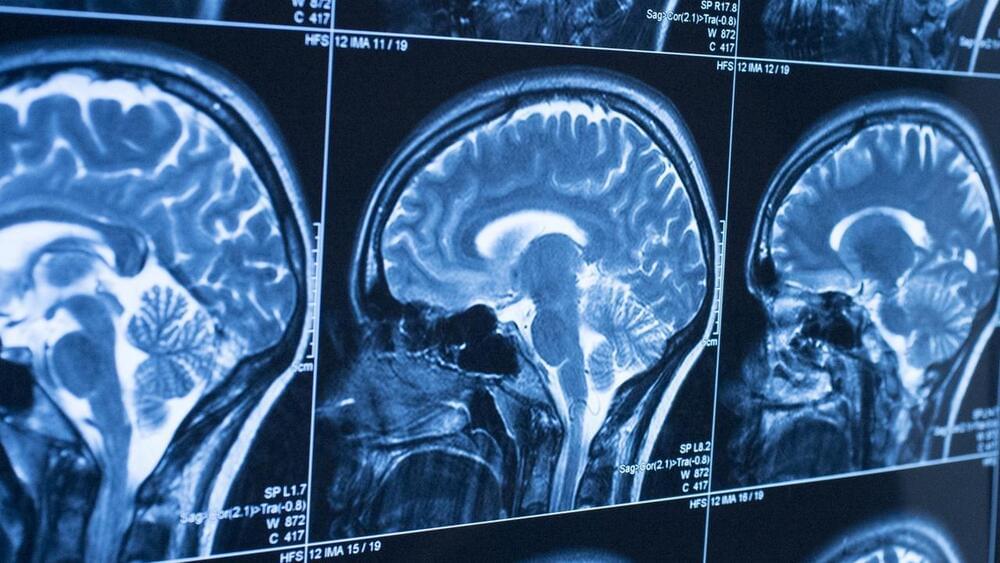
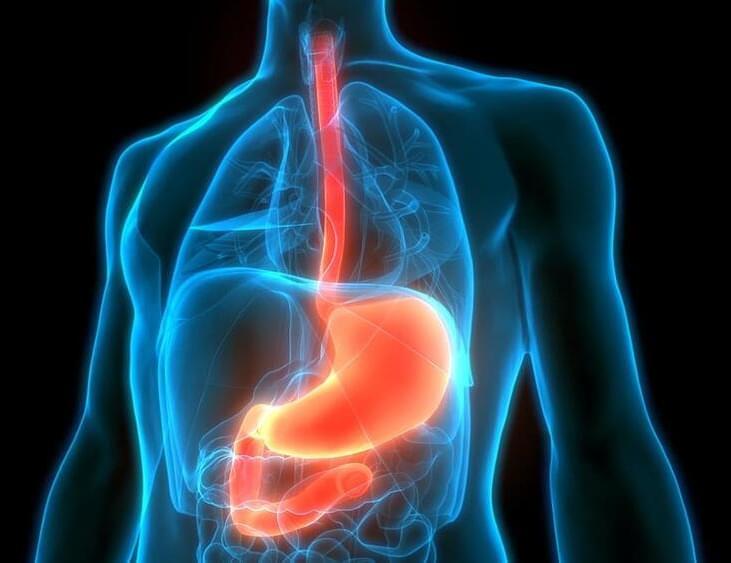
Gallbladder cancer is the latest form of the disease discovered to be rising in people under 50 — alongside bowel, breast and lung.
Data from charity Cancer Research UK (CRUK) show an 84 per cent rise in cases of the gastrointestinal cancer among Brits aged 24–49 since the early 90s.
While a significant increase in cases of the disease has been seen in Brits of all ages, younger adults have seen the largest rise of any age group.
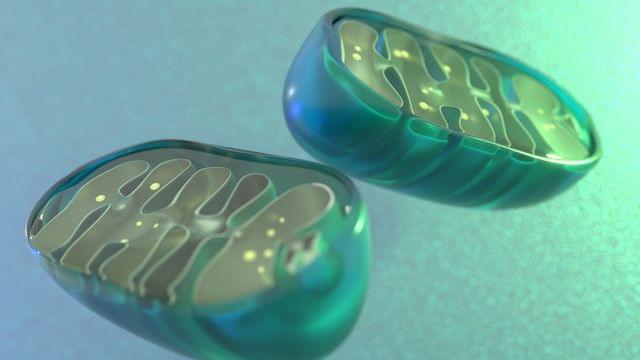
As we countdown the days until the New Year, we are revisiting our top stories of 2024! For today, a study may have uncovered why we get our energy from our mothers.
Read our coverage.
But what happens when this process fails?
Delaying PME results in impaired physiological function
Xue and the team studied PME in Caenorhabditis elegans (C. elegans), a translucent roundworm, to gain insight into this elusive mechanism. C. elegans only have 1,000 cells, yet they still develop a nervous system, gut, muscles and other tissues like humans.
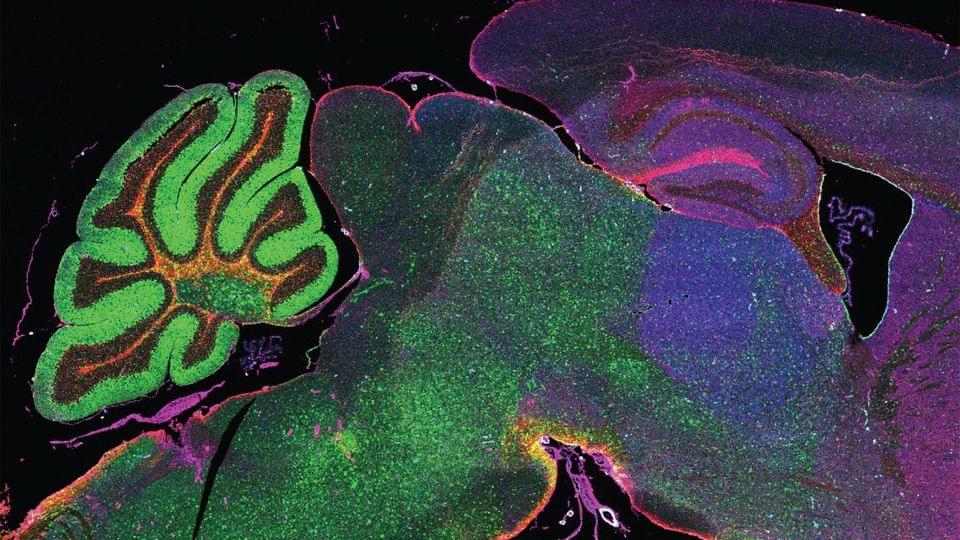
Understanding the cellular composition of tissues is key for interpreting neural disease origin, progression and more. This whitepaper explores a method to aid this.
Get your FREE copy 👇
To interpret neural disease origin, progression, prognosis and treatment options, it is essential to understand the cellular and spatial composition of neural tissues.
Imaging mass cytometry (IMC) overcomes the limitations of traditional cyclic fluorescent methods to uncover the spatial distribution of over 40 distinct protein markers simultaneously, without interference from the tissue degradation and autofluorescence artifacts usually found in brain tissue.
This whitepaper explores the translational and clinical applications of IMC to develop biomarkers and future treatment strategies in neuro-oncology and neurodegenerative studies.
